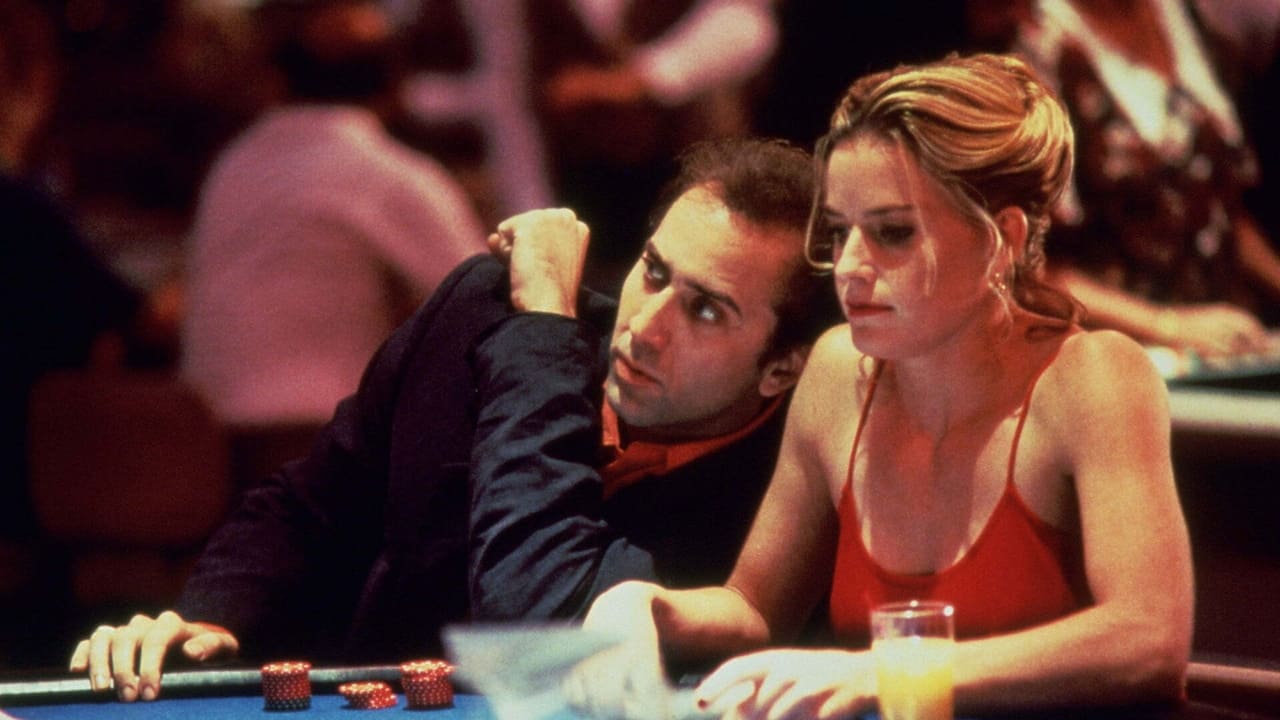Leaving Las Vegas, directed by the ever-talented Mike Figgis, is the kind of movie that doesn't exactly leave you with a warm and fuzzy feeling—unless, of course, your idea of heartwarming involves copious amounts of alcohol-induced despair. This 1996 drama and romance film stands as a raw and gritty exploration into the lives of two broken souls. As much a harrowing drama as it is an unusual romance, this movie grips you from start to finish. This movie review will dive deep into the film's stark portrayal of addiction, loneliness, and unlikely companionship.
The plot doesn't shy away from showing the unvarnished truth. Nicolas Cage takes on the role of Ben Sanderson, a Hollywood screenwriter whose life spirals out of control due to his relentless alcoholism. Ben's plan is simple: he's headed to Las Vegas with one goal in mind—drink himself to death. It's not exactly your typical feel-good movie premise, but boy, does it pack a punch. Enter Elisabeth Shue as Sera, a hardened yet tender-hearted prostitute who becomes Ben's unlikely ally. Together, they form an unusual non-interference pact, each respecting the other's destructive life choices. Themes of existential despair, undying love, and acceptance thread through this cinematic tapestry, making it more compelling than your average Hollywood drama. Throw in a dash of nihilism, and you're all set for this film critique.
Let's take a moment to appreciate the performances—'cause there's a lot to unpack here. Nicolas Cage delivers one of his most profound performances, fully embracing the tumultuous role with a soul-baring intensity that broke away from his action-hero typecasting. There’s a reason why Cage walked away with an Academy Award for this role. On the flip side, Elisabeth Shue may not have bagged an Oscar, but she sure left a lasting impression, portraying her character's subtle vulnerabilities with grace. With admirable cinematography that captures the seedy underbelly of Las Vegas, paired with a haunting score by director Mike Figgis, this film is an auditory and visual experience that you won't forget in a hurry. In terms of screenplay, it might stretch your patience in parts—there are moments it veers close to melodrama—but the sheer realism pulls it back just in time.
Thinking about other movies that shine a light on similar themes? 'Leaving Las Vegas' might remind you of Darren Aronofsky's 'Requiem for a Dream'—both are in the realm of the best drama movies that dissect addiction without serving it sugar-coated. Movies like 'The Piano' or 'The English Patient' tread similar paths with their dramatic resonance and layered romances. But unlike those movies, one thing that sets 'Leaving Las Vegas' apart is its unapologetic bleakness. You won't find redemption arcs here, just a raw slice of life reminiscent of film noir. It shares some cinematic DNA with 'Lost in Translation', another film where the setting is almost a character, albeit in a more subdued manner.
If you’re anything like me and enjoy dissecting profound social themes, then 'Leaving Las Vegas' is a must-watch film. It’s the kind of movie that lingers with you—sitting in the back of your mind like that song you can't stop humming. Whether you're a fan of raw dramas or seeking a deep-dive cinema analysis, this film will deliver. So, grab a comfort snack and prepare to be entranced by a true cinematic masterpiece of its kind. Just remember—it’s not about the happy endings, but embracing the shades of gray. Cheers, or maybe not!

